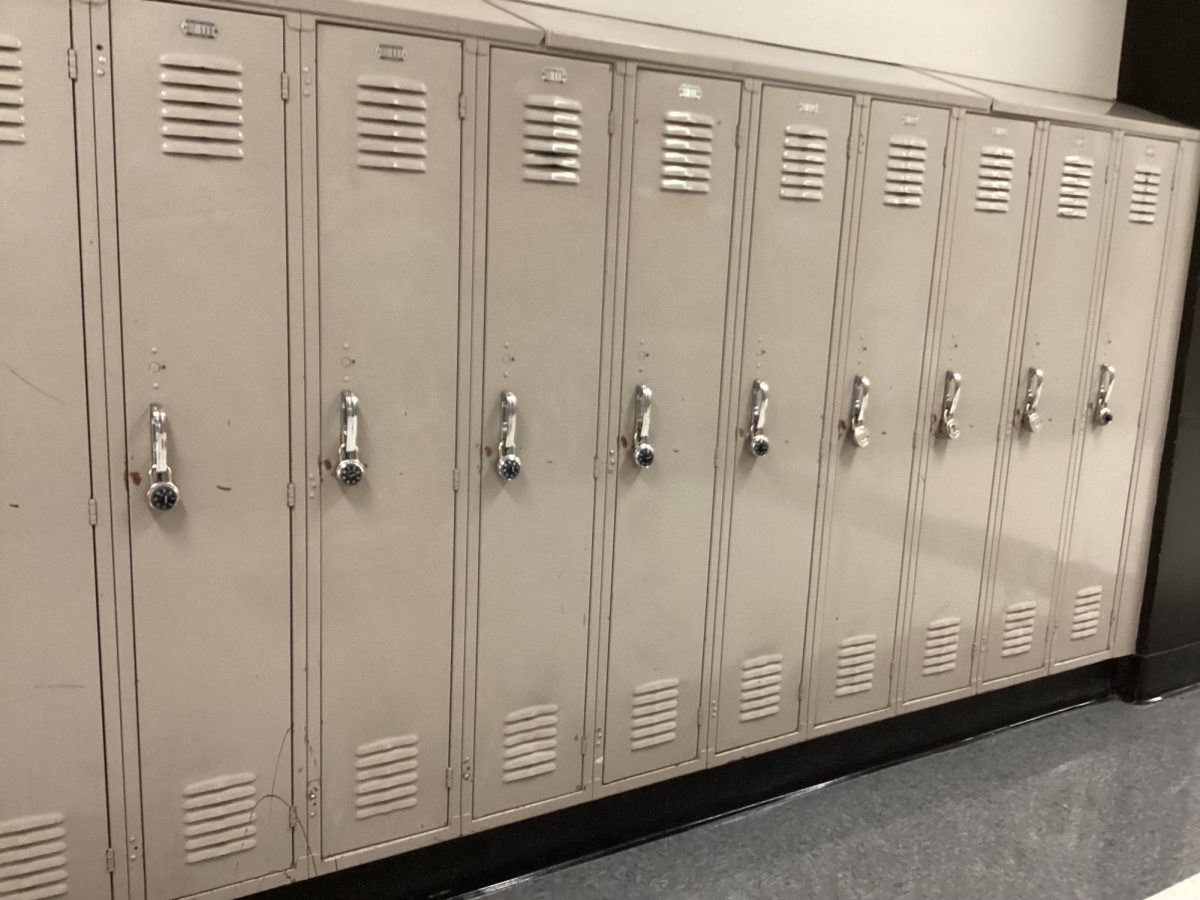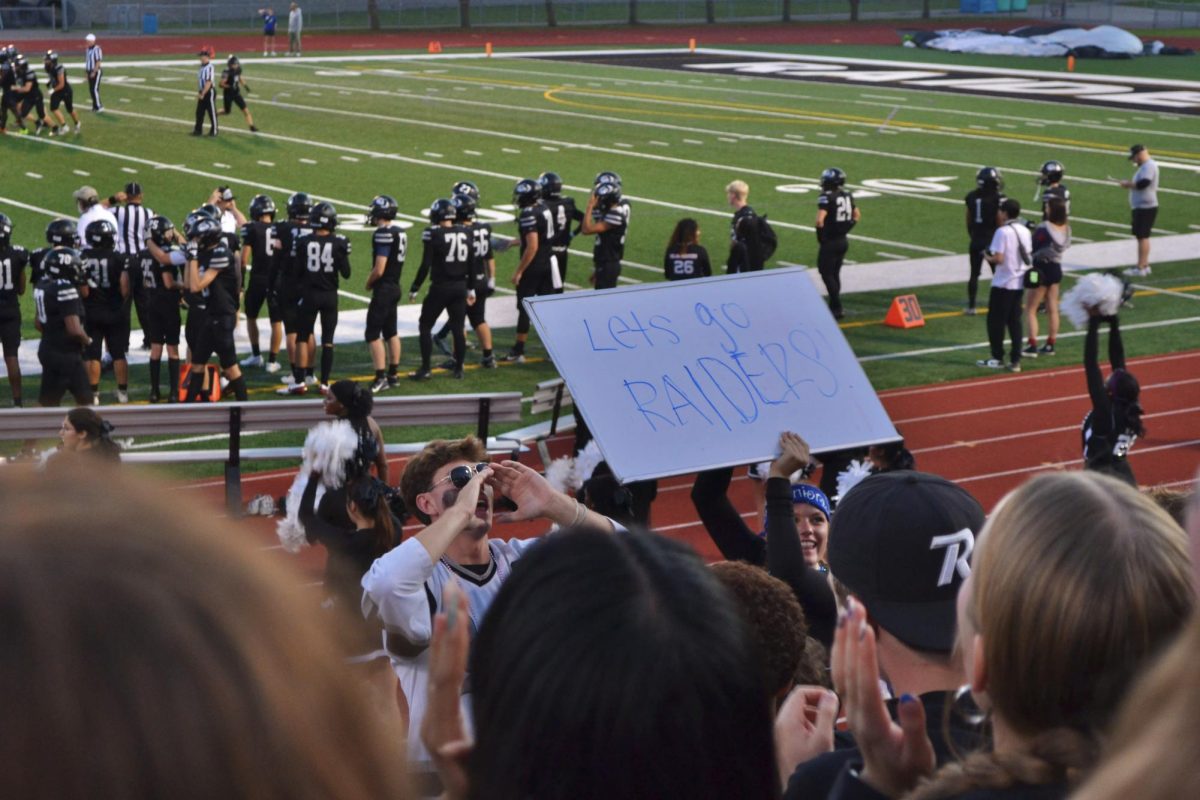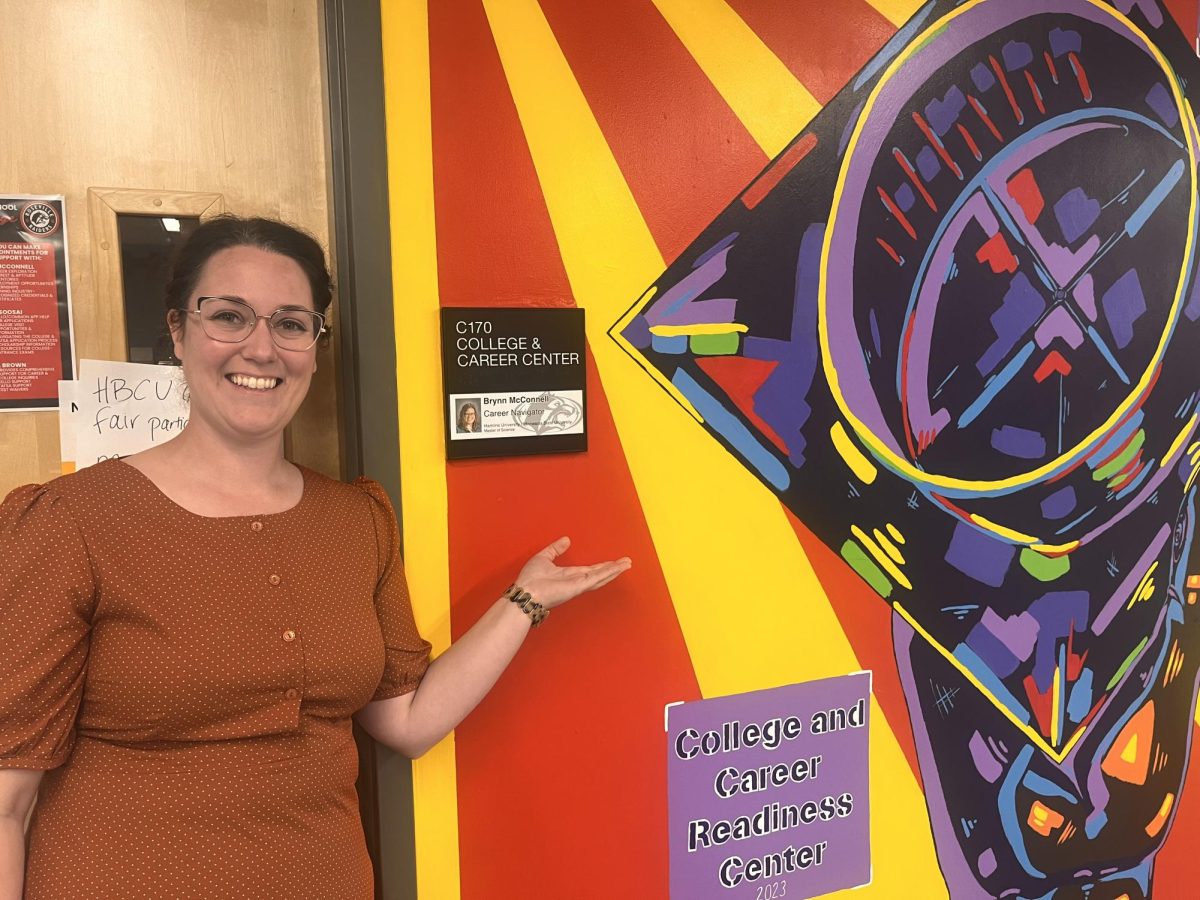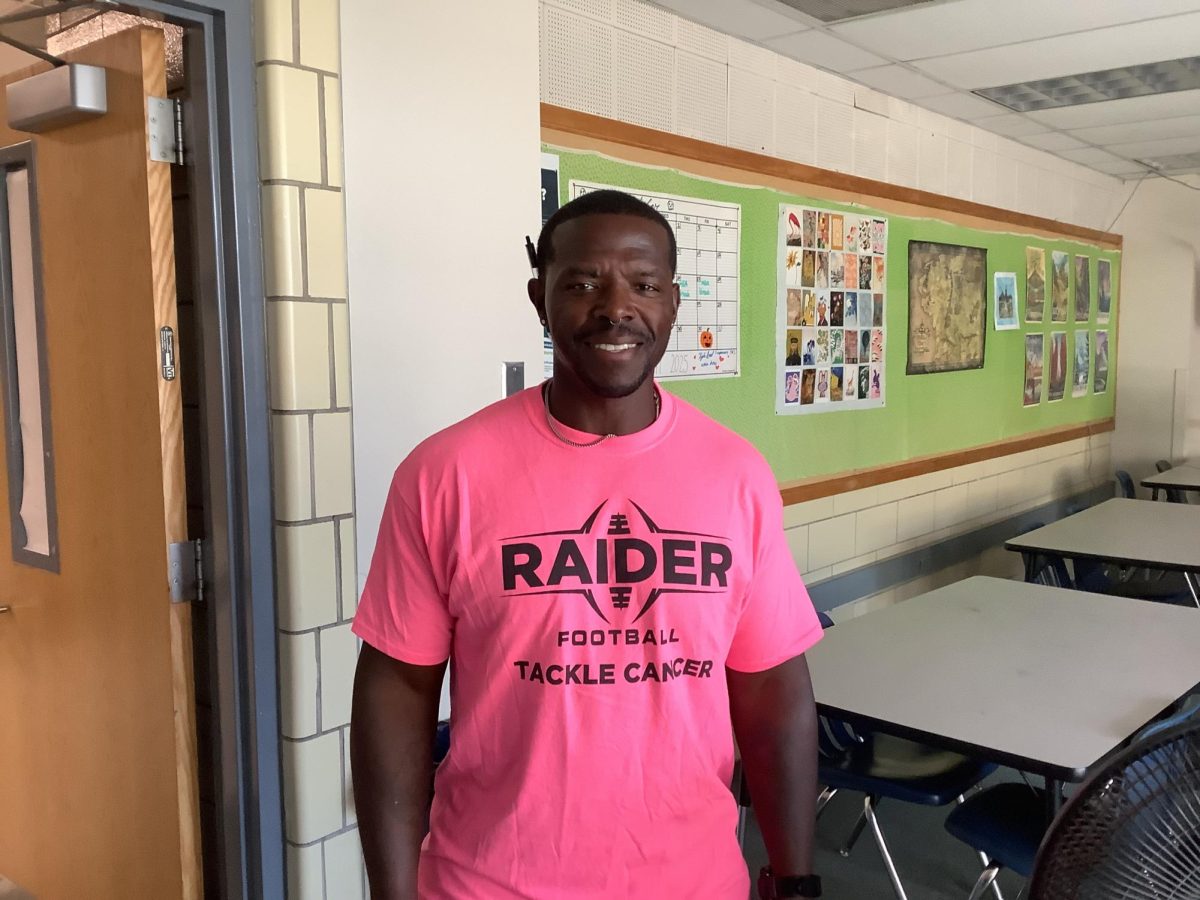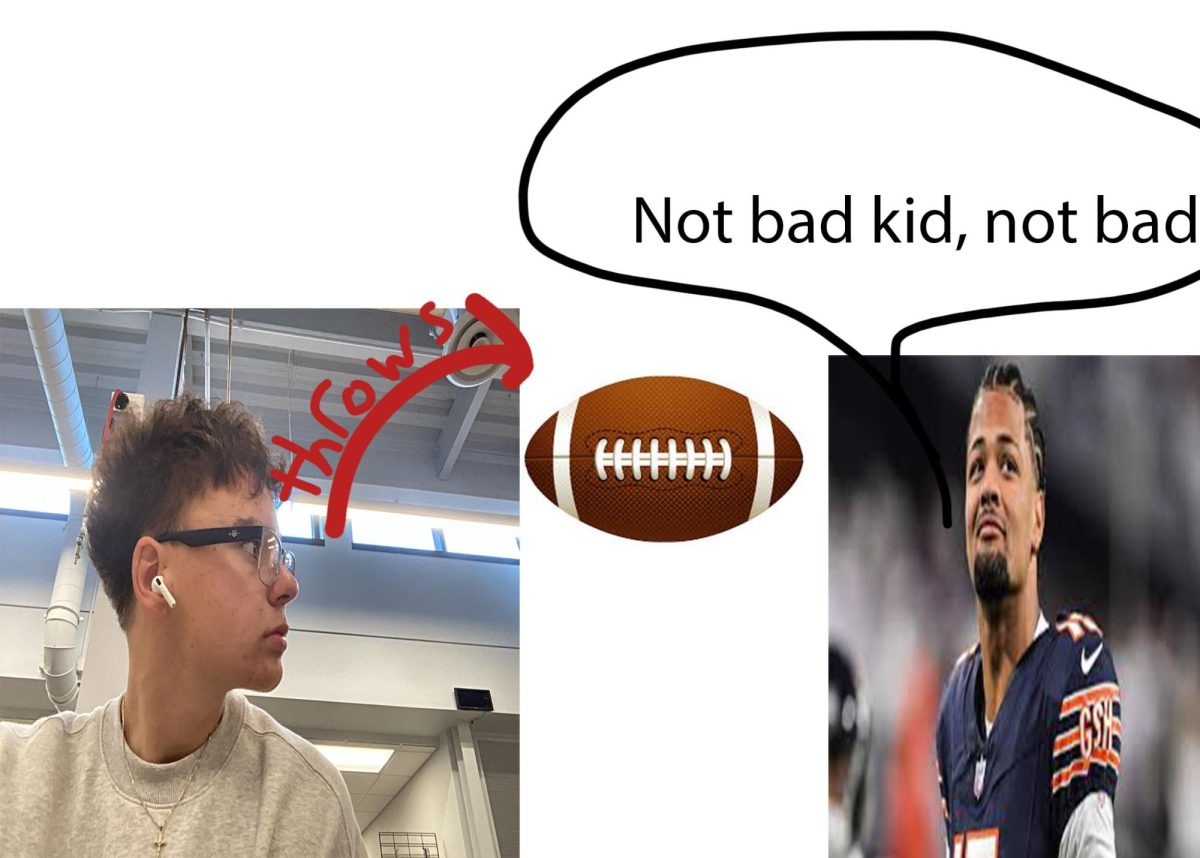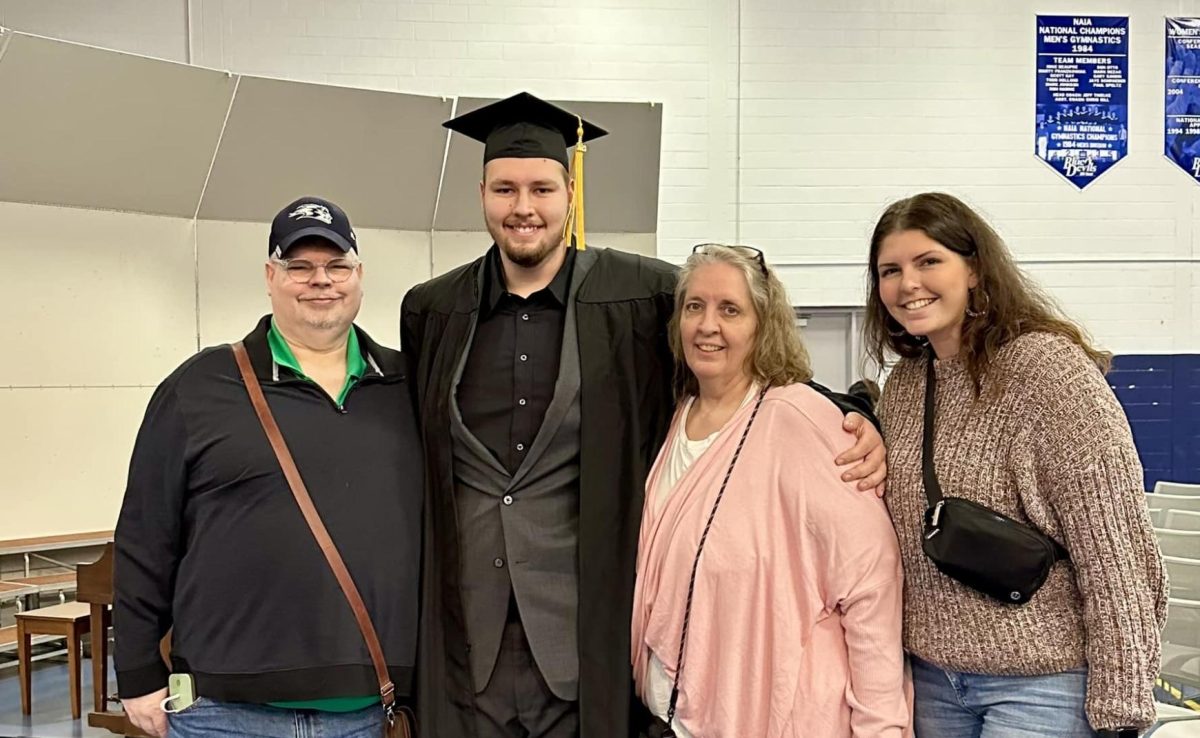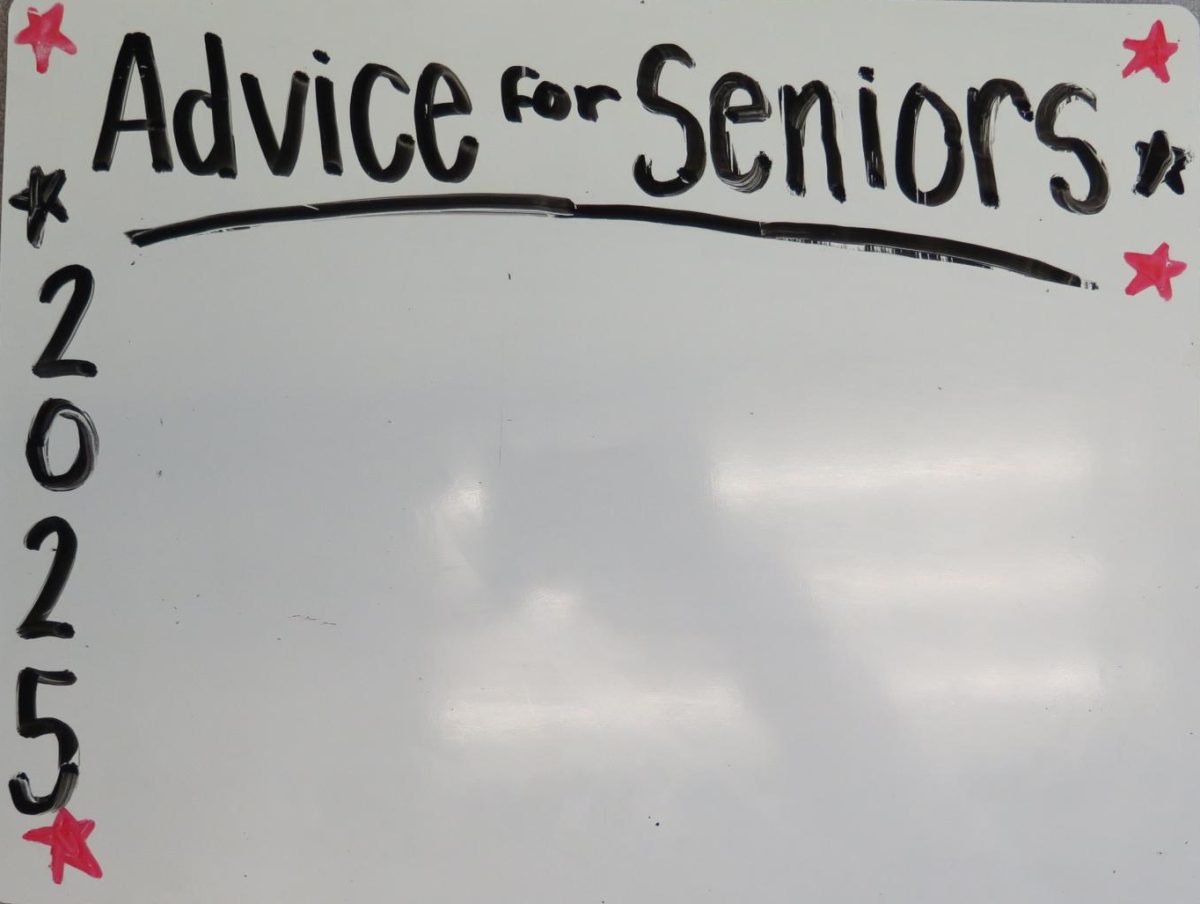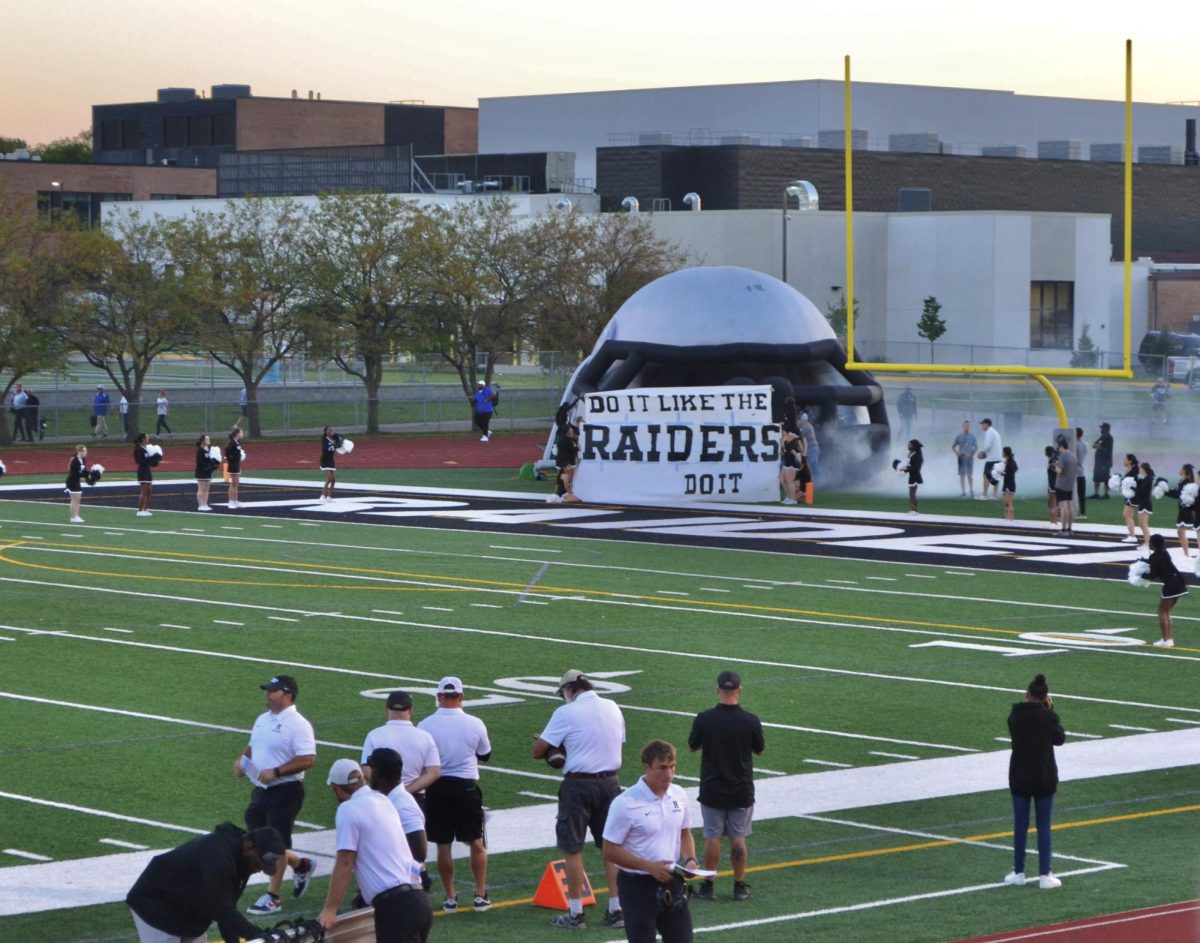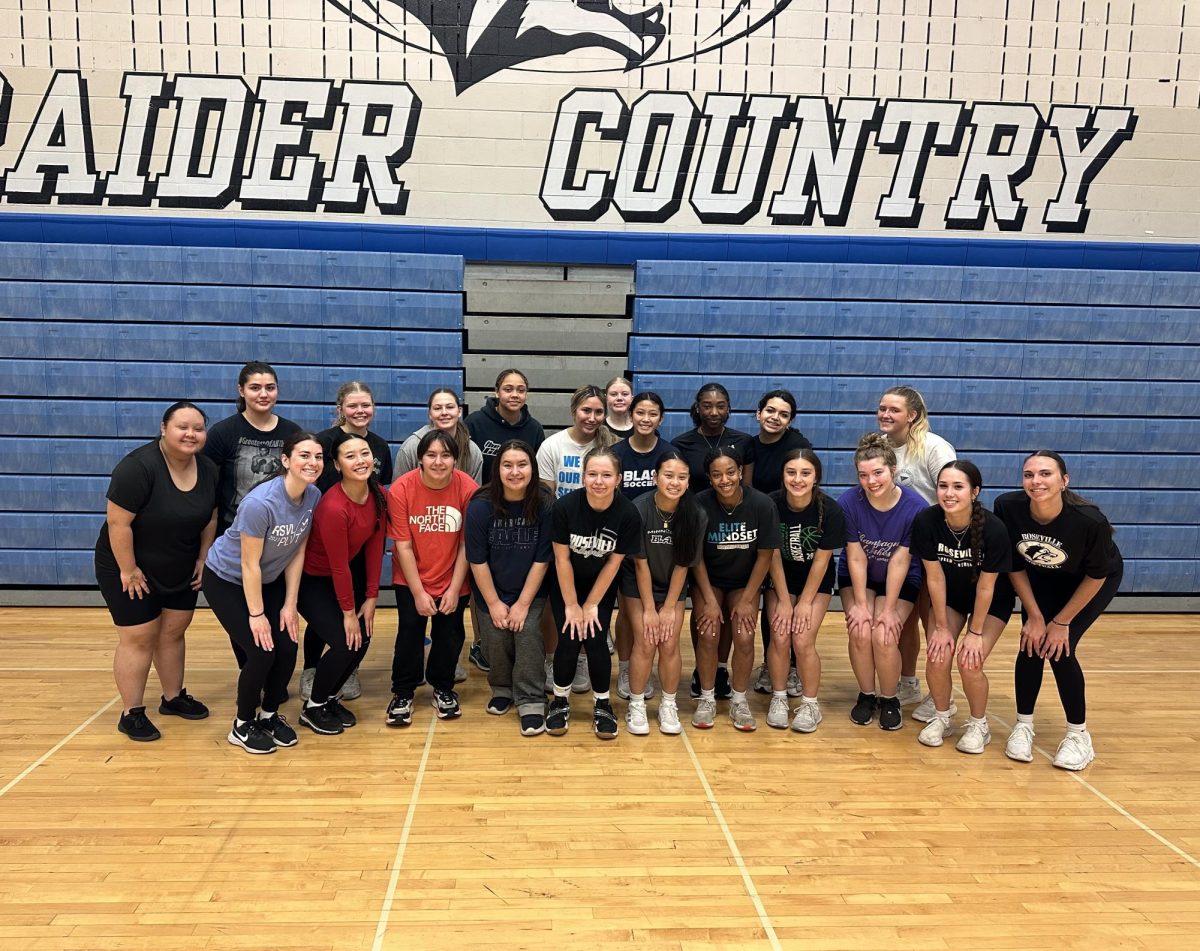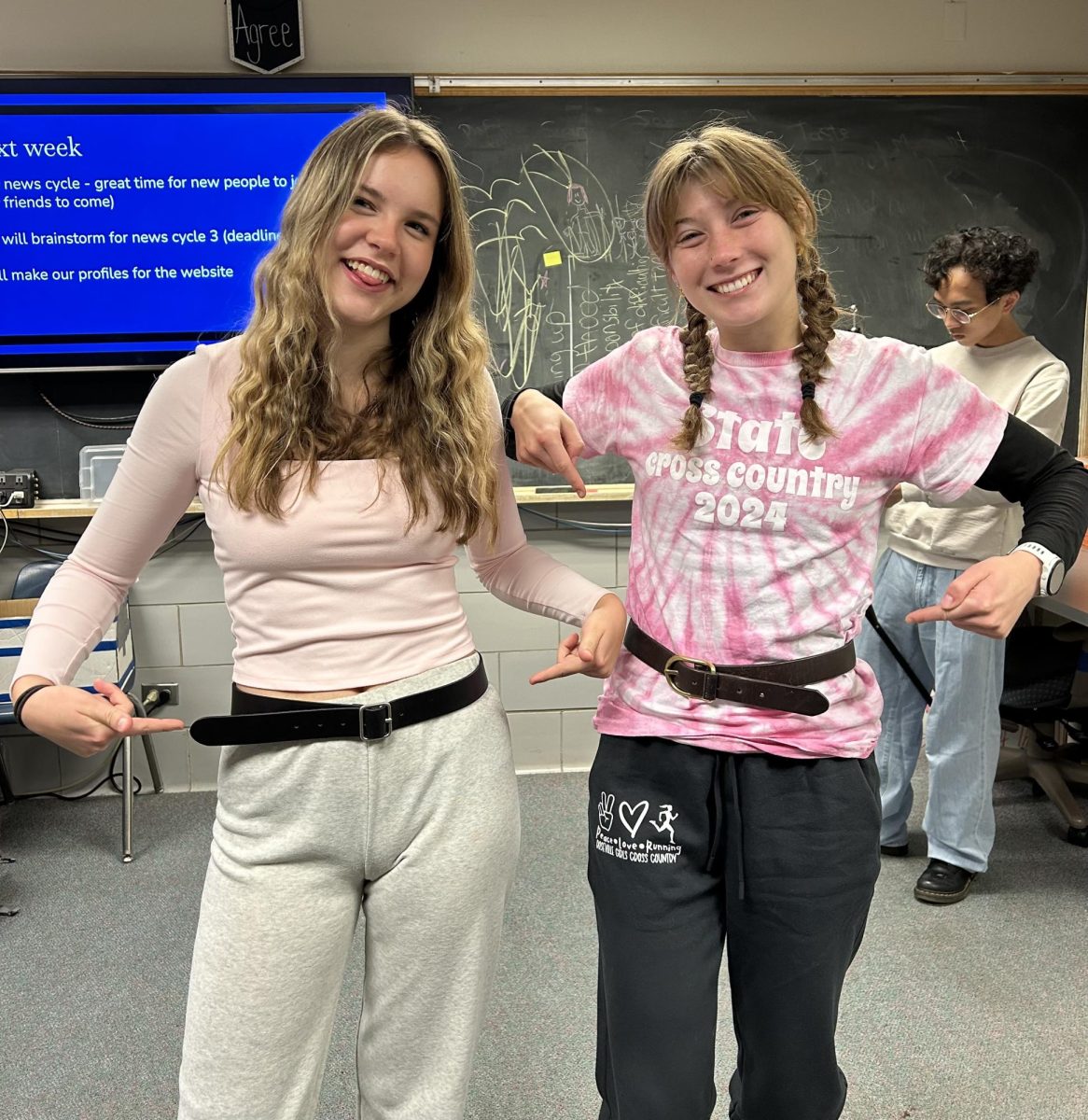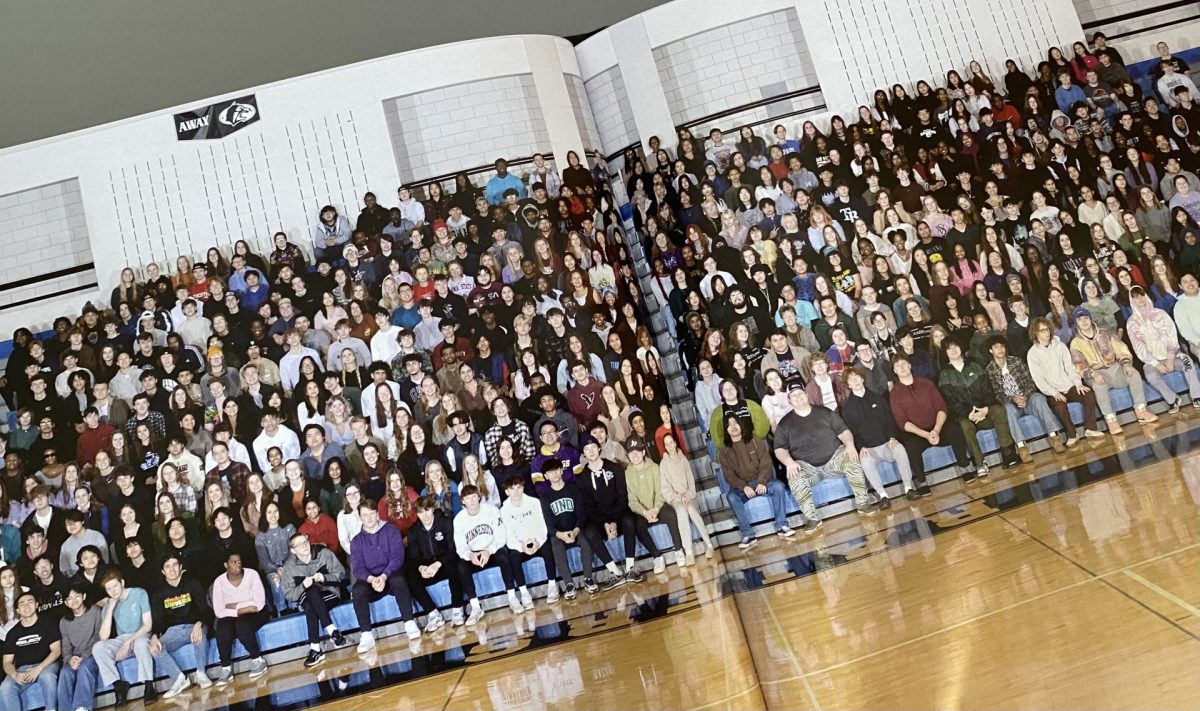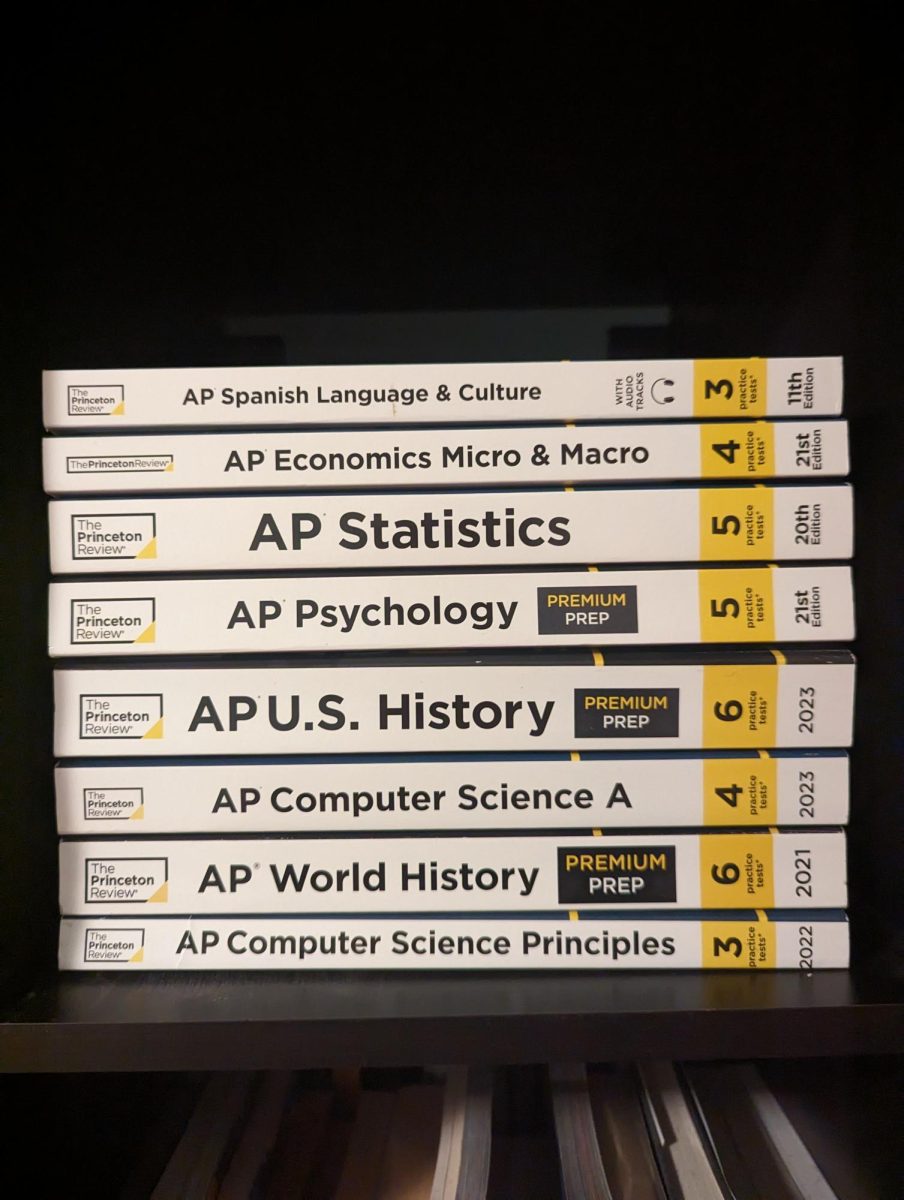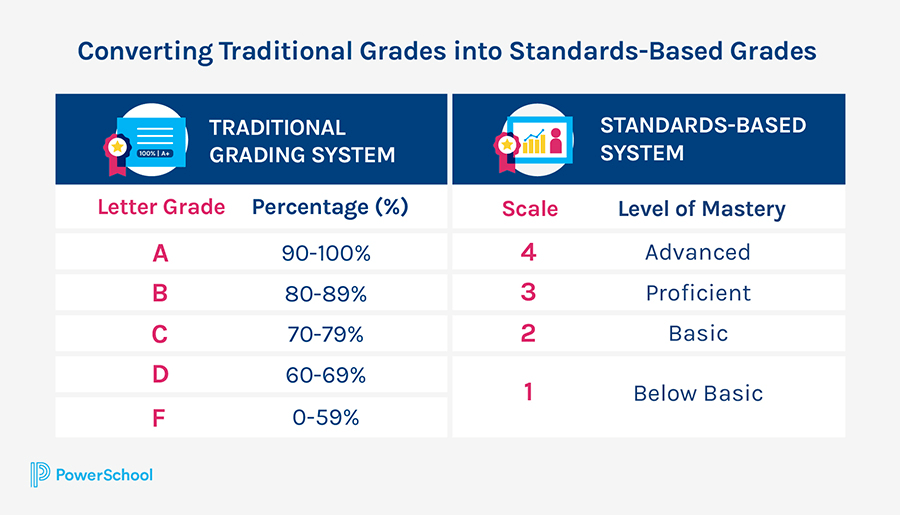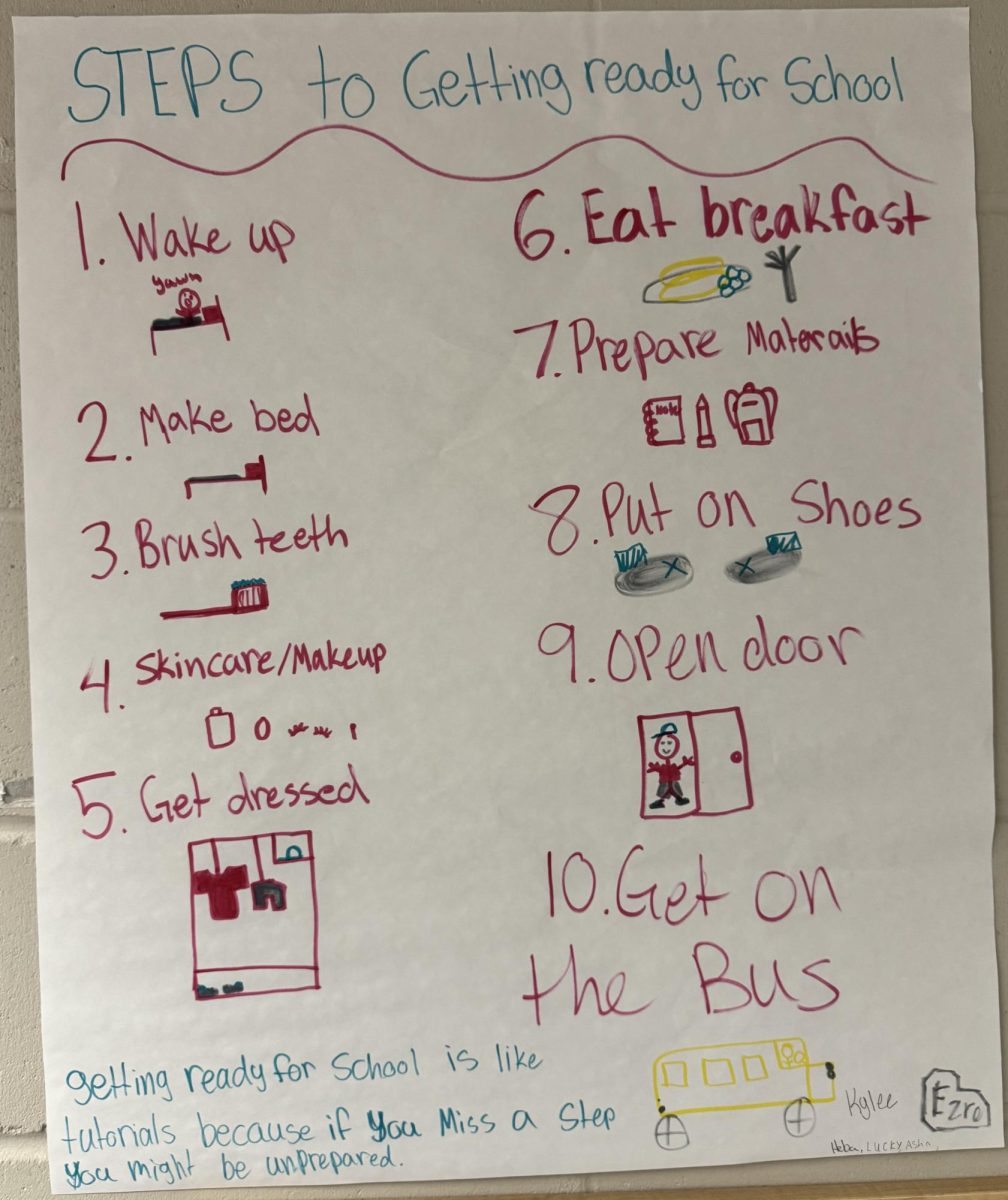Standards Based Learning at RAHS
November 16, 2022
RAHS is slowly moving toward standards based learning. Standard based learning is a system that uses concise, written instructions, (a rubric). The standards set clear and measurable goals for students to reach and teachers to grade.
This gives teachers the chance to examine what they are truly grading students on, and gives students a clear idea of what their teachers are looking for, which is to help them achieve the highest grades possible.
The science department is well on the way to using standard based learning. The teachers grade their students with the format of 100-0. This means that summatives are worth 100% of students grades, and formatives are just for practice and are not in the gradebook. For every assignment, teachers give their students a rubric of exactly what they are looking for.
Science teacher Mr. Huntley thinks that rubrics are a useful tool to help students know where they are succeeding and not succeeding in class. While making the rubric might take a while at first, it helps teachers know what they are looking for in students, and makes the overall grading process easier to be able to look for the specific things they want to see in assignments.
Huntley also has strong opinions on how grading should be executed. He thinks the whole school should be moving towards using 100-0 and says “I think homework is practice and I don’t think it’s equitable to grade everybody. If you know how to do something, you shouldn’t have to do that busywork. We need to get into the mindset of not doing things for points, but doing things for learning.”
The English department has started utilizing the Mastery Tab on the Schoology browser. The Mastery Tab lets students see what they are the most proficient in in that class. Sophomore Mark Hug says that the mastery tab is a helpful tool teachers can use, but he doesn’t use it very often.
Amy Dahlin of the English department has been using the mastery tab for the past five years. She believes that students should be working to improve their skills, not just working for points.
Dahlin says, “I was looking for a way to think about grades as accurate and bias resistant, and finally, motivational. How do I help kids want to work to learn more, that isn’t just, ‘how do I get more points?’”
But while the English and science departments are ahead of everyone else, some teachers prefer the old system of deciding how to grade by themselves. Throughout the school, teachers disagree on what the standard for grading at RAHS should be. The science department all uses 100-0 and standard based learning, but the social studies department prefers 80-20 (80% summative, 20% formative.)
Hug prefers the 80-20 grading system and says, “It makes me feel more motivated to do my homework and I think that students should get credit for doing practice work everyday.”
RAHS is making strides toward becoming a more standard based learning environment.

